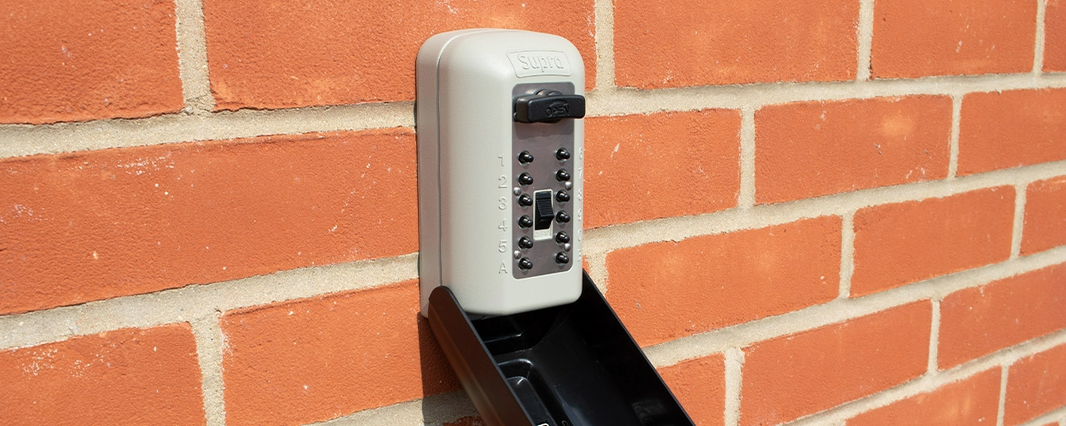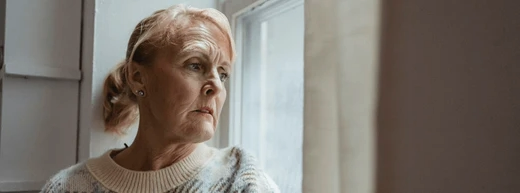We’ve all seen the adverts talking about how expensive funerals are nowadays. As we get older, many of us may start to worry about whether we can afford one, or if our loved ones are going to get saddled with the bill. It’s not something we want to think about, but we have to consider funeral costs.
How Much Does a Funeral Cost?
According to SunLife’s Cost of Dying Report, the average cost of a basic funeral is now £4,141. This is an increase of 4.7% since the past year, though it’s still not as high as funeral costs in 2021. 2021 was the highest funeral costs had ever been, seeing an increase of 128% since 2004. The overall cost of dying, however, is the highest it’s ever been, up 5% to £9,658.
The figures also show that costs have increased for both burials and cremations. The average cost for a funeral with burial is £5,077; cremation funerals cost £3,795. These figures present a price increase of 5.9% and 3.3% respectively. Direct cremation and direct burial remain the cheapest options, but still exceed £1,000.
Of course, these numbers vary depending on your location and the arrangements made for the funeral itself.
What Affects the Price of a Funeral?
Arranging a funeral can be an expensive process. The figures provided above are based on fees for the cremation or burial, as well as for a doctor, funeral director, and minister or celebrant. Further costs come from service arrangements, such as memorials, flowers, and car hire. Opting for a wake can further raise the cost, as venues and catering need to be covered.
On average, these additional costs – known as send-off costs – can come to £2,768. That’s 3.7% more than last year, and 2023 already saw an increase of 7.4% from 2022.
All in all, with the combination of funeral, send-off, and professional fees, the overall cost can approach £10,000. This number will change depending on the funeral director you choose, as well as where in the country you are. A burial in London, for example, will cost considerably more that a burial in Northern Ireland.
Naturally, the more lavish a funeral is, the more expensive it will become. Coffins, for example, can range from £385 to £1,900. Headstones, too, can be particularly expensive if you want a high-quality memorial.
How to Pay for a Funeral
With the cost being so high – and with the figures so far suggesting costs will continue to rise – it is important to know how you can pay for a funeral. It is a comfort to pass away knowing that our wishes will be carried out and that our loved ones will not be faced with sizeable bills.
No doubt you have seen the adverts advertising life insurance, with the promise of leaving something behind to cover the funeral costs. This is but one of the options you can choose. In some cases, life insurance may not pay out enough to cover the cost of your funeral.
An alternative method is to arrange a pre-paid funeral plan. A pre-paid funeral plan covers the costs in advance, taking pressure off your loved ones and improving the chances of your posthumous plans being adhered to. However, some aspects of the funeral may not be covered by a pre-paid plan. Headstones and wakes will not be covered, which may put pressure on your loved ones.
Instead, you could save up for your funeral yourself, and leave this money to your loved ones to pay for the funeral. Some businesses provide dedicated accounts that you can contribute to monthly. Over time, you can build up enough money to cover the costs of a funeral and, potentially, the extras such as headstones.
If you choose the right service you may also benefit from interest rates.
When thinking about funeral plans, you may also benefit from writing a will.
Funerals by the Local Authority
Whilst we all hope this will never apply to us, it is important to understand what happens if we pass away without any money or loved ones. In this unlikely situation, local authorities are obliged under the Public Health (Control of Disease) Act 1984 to bury or cremate a person who cannot pay for their funeral and have no friends or family willing to pay.
These are known as “public health funerals”. A basic service is provided, and burials are often carried out in unmarked graves that may be shared with others.
Support from Careline
We hope that funeral arrangements are still a while away for all our customers. This, though, does not mean that you do not need some extra support around the home. This is where a Careline365 alarm can help.
Our alarm service provides peace of mind to elderly and disabled people across the country. Help is always available at the simple press of a button, putting you in contact with our reliable Care Team.
You can learn more about our lifesaving alarms by reading our useful guide. If you have any questions, please do not hesitate to ask. You can contact us here or call our helpful team on 0800 030 8777.









